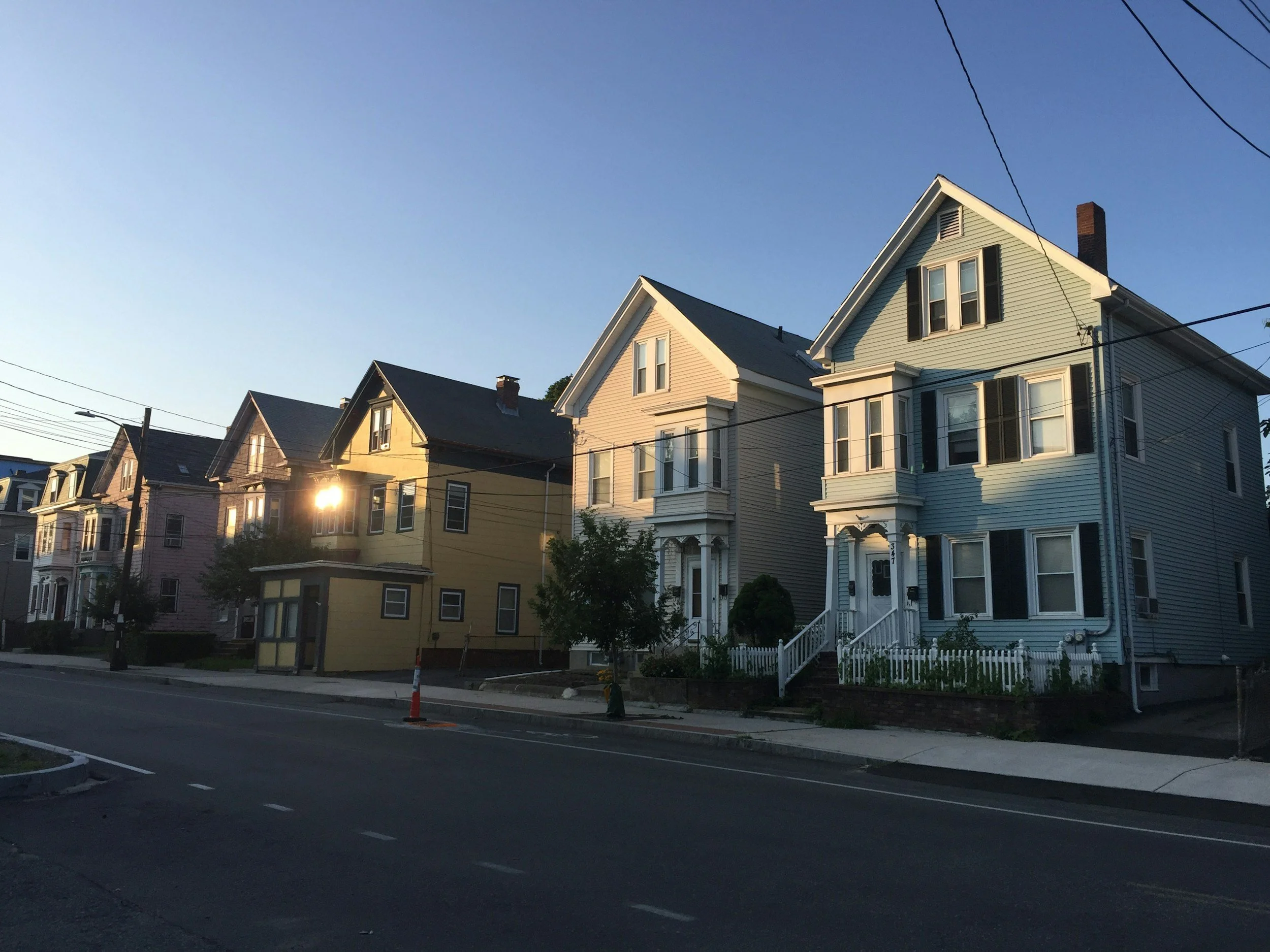The Disadvantages of Buying a Home in a Neighborhood with an HOA
When considering purchasing a home, one of the factors that often comes into play is whether the property is part of a Homeowners Association (HOA). While HOAs can offer benefits like maintaining community standards and amenities, they also come with several disadvantages that potential homeowners should carefully consider. Here are some of the key drawbacks of buying a home in a neighborhood governed by an HOA:
-
One of the most significant disadvantages of living in an HOA community is the lack of autonomy over the exterior appearance of your home. Homeowners often need to seek approval from the HOA board for any changes they wish to make to their property's exterior, including paint colors, landscaping, and structural additions. This can be frustrating for those who value personal expression and creativity in their home design.
-
For homeowners who are considering renting out their property, HOAs can pose a significant hurdle. Many HOAs impose caps on the number of homes that can be rented within the community. This restriction can limit your ability to generate rental income and may complicate your financial planning if you ever need to move but wish to retain ownership of the property.
-
Some HOA board members may be particularly zealous in enforcing community rules and regulations. This can lead to a feeling of being constantly monitored and can result in fines or penalties for even minor infractions. The stress of living under such scrutiny can detract from the enjoyment of your home and community.
-
Living in an HOA community often comes with additional costs. Homeowners are typically required to pay monthly or annual dues to cover the maintenance of common areas and amenities. These fees can increase over time and may not always be predictable. Additionally, special assessments can be levied for unexpected repairs or improvements, adding to the financial burden.1. The combination of declining interest rates and stable home prices is set to enhance affordability in the housing market. This improvement will be particularly beneficial for first-time homebuyers and those looking to upgrade their living situations. As affordability increases, we can expect a more diverse range of buyers entering the market.
-
The governance of an HOA is typically handled by a board of directors, which can lead to power struggles and conflicts among residents. Disagreements over community management, financial decisions, or rule enforcement can create tension and discord within the neighborhood, impacting the overall quality of life.
-
In some HOA communities, the close proximity of homes and shared amenities can lead to a lack of privacy. The communal nature of these neighborhoods means that neighbors may be more involved in each other's lives, which can be uncomfortable for those who prefer a more private living environment.
-
HOAs often have strict guidelines regarding the personalization of your property, including restrictions on outdoor decorations, fencing, and even the types of plants you can have in your garden. This can limit your ability to make your home truly your own and can be a significant drawback for those who value individuality.
-
In conclusion, while HOAs can offer benefits such as maintaining property values and providing community amenities, they also come with several disadvantages that potential homeowners should carefully weigh. Understanding these drawbacks can help you make a more informed decision about whether an HOA community is the right fit for your lifestyle and financial goals.
If you have questions about this topic, let's connect. We’re here to answer all your real estate related questions.
